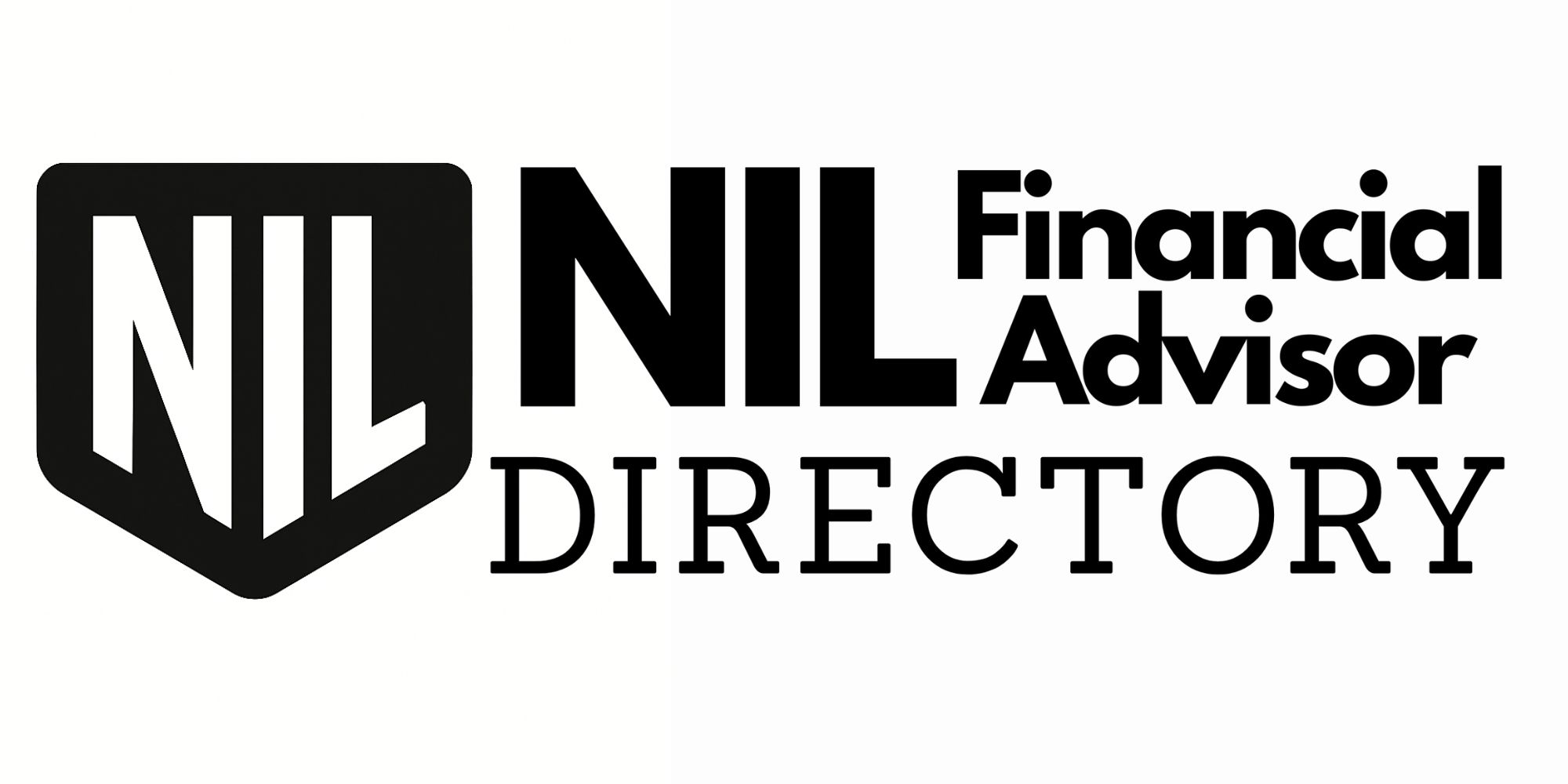Scams, Shady Deals, and Smooth Talkers
- August 10, 2025
- Scams
- 2 mins read
Scams, Shady Deals, and Smooth Talkers: Protecting Your NIL Money
The Name, Image, and Likeness (NIL) era has opened incredible opportunities for student-athletes. You can finally get paid for your talent, hard work, and brand. But with opportunity comes risk—and unfortunately, there are people out there ready to take advantage of athletes who are new to business and contracts. If you’re not careful, you could end up losing money, signing away rights you didn’t mean to, or being tied to a deal that hurts your long-term earning potential.
Here’s what you need to know to protect your NIL money from scams, shady deals, and smooth talkers:
1. Too-Good-to-Be-True Offers
If someone promises quick money with no risk or “guaranteed” returns, that’s a red flag. Real business deals come with real details—clear terms, timelines, and responsibilities. Scammers often prey on athletes by dangling flashy numbers without putting the terms in writing.
Rule of Thumb: If it feels too easy, too fast, or too good, take a step back and have a professional review it before signing.
2. Vague or One-Sided Contracts
Shady agents or companies may hand you contracts filled with confusing language—or worse, agreements that leave out key details. Watch out for contracts that don’t specify payment terms, length of agreement, or exit clauses.
Rule of Thumb: Never sign a contract you don’t fully understand. Have a lawyer familiar with NIL deals review it first.
3. Pressure to Sign Quickly
Smooth talkers may pressure you into signing “on the spot” by saying the opportunity will disappear if you don’t act immediately. This is a common tactic to keep you from thinking carefully or getting outside advice.
Rule of Thumb: A legit deal today will still be a legit deal tomorrow. Take your time.
4. Hidden Fees and Kickbacks
Some agents, advisors, or “managers” may take more money than you realize—either through hidden fees or backdoor deals with brands. For example, if your rep is being paid by both you and the company, that’s a conflict of interest.
Rule of Thumb: Ask upfront about all fees and commissions. If someone avoids a straight answer, walk away.
5. Social Media Scams
As an athlete, your social media is part of your NIL brand. Be cautious of direct messages offering sponsorships, free products, or “collaborations.” Many of these are scams designed to steal your information, access your account, or trick you into paying for fake opportunities.
Rule of Thumb: Legit companies usually reach out through professional emails or agencies—not random DMs.
6. Protecting Your Money
Even with good deals, you need systems in place to protect yourself. That means:
Having a trusted advisor or accountant review contracts and finances.
Keeping NIL money separate from your personal spending account.
Saving for taxes so you’re not surprised in April.
7. Trust Your Gut
If someone’s energy feels off, if you feel like you’re being sold instead of supported, or if something just doesn’t sit right—trust yourself. You don’t owe anyone access to your money or your brand.
Final Takeaway
Your NIL opportunities can be life-changing, but only if you protect them. Scammers and smooth talkers are everywhere in this space, but with the right knowledge, professionals in your corner, and a little patience, you can avoid the traps and keep building your future on your terms.
